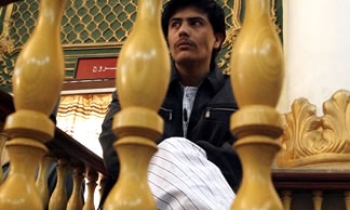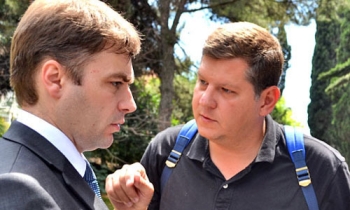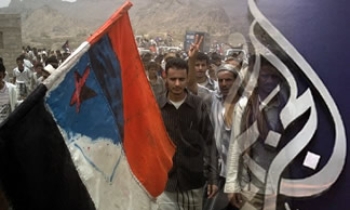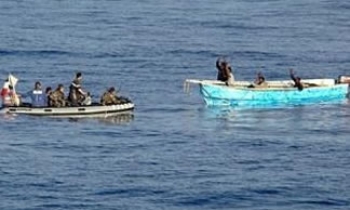The International Federation of Journalists (IFJ) has said that the failure of the United States to respond to calls for independent investigation of cases where journalists and media staff have been killed by US soldiers is encouraging a culture of impunity in the killing of media staff.

IFJ said that journalists around the world feel the greatest outrage over terrorists and undemocratic governments who are mainly to blame for the routine and increasingly violent attacks against media and journalists. "But when the world's leading democracy scorns the notion of justice for the victims of violence in its jurisdiction, it gives confidence to those who target journalists in countries where freedom hardly exists," said Aidan White, IFJ General Secretary.
White was responding to a Spanish court ruling which last week absolved the US military of criminal responsibility in the killing of two journalists in Iraq three years ago. The Supreme Court ruled that US tank fire directed against the Palestine Hotel in Baghdad, where Spanish television journalist José Couso and Ukrainian journalist Taras Protsiuk, who worked for Reuters, were killed on April 8, 2003, was "an act of war carried out against an apparent enemy, incorrectly identified."
The court said Spain has "no jurisdiction" to pursue the case after the US refused to allow three named soldiers involved in the attack to co-operate with the Court's investigation. The United States had provided "no judicial cooperation" in the investigation.
"Such a lack of cooperation can encourage a culture of impunity which is enjoyed by the enemies of press freedom and independent journalism," said White. "The crisis of impunity sees increasing intimidation, murder and kidnapping of journalists and media staff which is largely ignored and unpunished."
White said, "IFJ is supporting the family of José Couso who are appealing against the decision of the Supreme Court decision and is also backing the calls for justice from the family and colleagues of Tareq Ayyoub, a journalist killed on the same day when US forces attacked the offices of the satellite channel Al-Jazeera."

"While there are still questions to be answered in 19 cases, the US at the very least should now give serious thought to an agreed formula for cooperation with media and journalists in the field, particularly in conflict situations," said White. IFJ said that the US should follow the lead of its British counterparts who, in their Green Book of media operations, have formally recognised the issue of journalist safety in war.
IFJ plans to organise worldwide protests on April 8 this year to highlight demands for action against impunity. This is the anniversary of the US attack on the Palestine Hotel, a media centre in Baghdad, and the bombing of Al-Jazeera.
IFJ said that the suffering of journalists in Iraq was intolerable and more must be done to relieve the pressure they face. On its own behalf and in co-operation with the International News Safety institute (INSI), the global campaign for news safety, IFJ has helped provide safety training for more than 150 journalists in Iraq.
IFJ also remains concerned about the fate of three media staff – Jill Carroll of the Christian Science Monitor, and the two Iraqi journalists Rim Zeid and Marwan Khazaal of Sumariya TV – who have been taken hostage and are held by extremists. In the last two years almost 60 journalists have been kidnapped in Iraq, ten of whom have been murdered.









